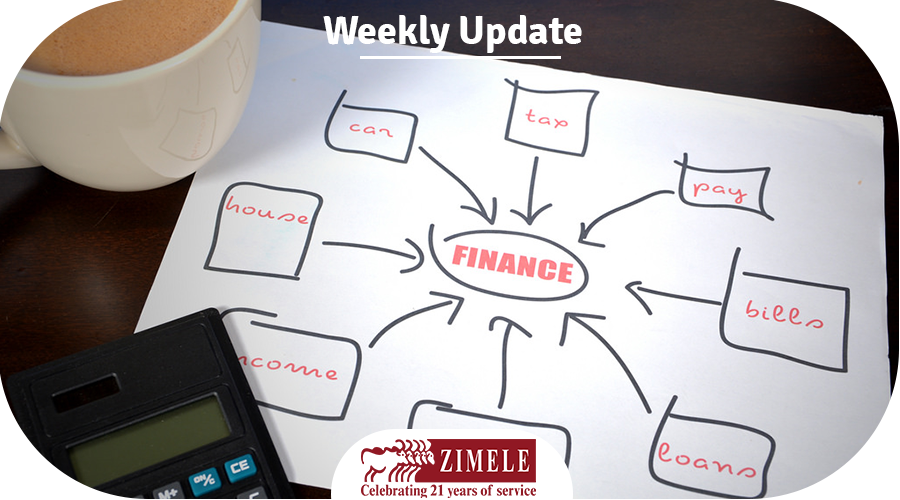“Getting money is like digging with a needle, spending it is like water soaking into sand.” ~ Japanese Proverb .
Tough economic times tend to bring out our innovative and resilient side. You have to adapt to survive. Nobody likes to cut their spending because it often leads to a lower quality of life. Or at least that is what we assume. Spending less is also not always practical, especially during tough times. When economic times are difficult, prices of basic commodities usually go up, without a similar increase in personal incomes, thereby resulting in an increase in the cost of living. However, it is important to have a good plan of action to ensure you get through the rough patch with minimal pain.
It is very prudent therefore to make better choices about what you spend on. Rethinking your budget can help you get a better handle on your finances and also provide some valuable information about your savings potential. You can only scale back on expenses when you know what you are actually spending money on.
Track your Expenses
During lean economic times, keeping track of your daily purchases can help you spend in a smarter way. Tracking your spending, while sometimes tedious, is the best way to find out exactly where your money is going. The simplest way to track your spending is with a personal expenses diary. It can be a physical book or an app.
Track exactly where every coin is going, from a small coffee on your way to work to a spending splurge at the shopping mall. After a while you will start noticing some trends that can help you make well-informed decisions.
Reorganize your budget
When times get tough, it is time to get tough on your budget. Especially your expenses. Relook and rethink your expenses. Figure out your needs and wants. Eliminate as many wants as you possibly can from your budget. If there is an opportunity to reduce the cost of your needs, do it. For example, food is definitely a need, but you do not need to eat out every day. Cooking your own food saves you money. Carrying your own lunch saves you money.
If you cannot afford something, do not buy it. This is often the easiest point to understand, but it is one of the hardest to implement. Take a good look at the numbers so you know how much you are able to spend on certain items each week or month.
But reorganizing your budget is not enough. You have to stick to it. Whether you are buying groceries or other household items, make sure you know what your spending range is for that week so that you are within your budget by the end of the month. You might not be able to remove or reduce these items significantly, but you will be able to set some caps or limits on them to make your budget work.
Save
Saving during tough times seems strange and impossible. But it is possible and important.
The most important is saving for retirement. You cannot postpone retirement. Every shilling you don’t save today is a shilling you will not have in retirement. Zimele allows you to save for retirement or other goals, with amounts starting from Ksh.100. Take advantage of this flexibility to continue growing your retirement savings.
Keep an emergency fund as well. Financial emergencies are numerous during tough economic times. If you don’t have an emergency fund, you might be forced to take up debt. And that is the last thing you want.
Having a savings culture is important. Those who save during the good times have a cushion during the tough times. So make it part of your financial habits.
Stay out of debt
This is a tough one but the most important advice. If you have to take one thing from this article, let it be this point. Stay out of debt.
During a tough economic environment, loans seem to be the only way out. Especially now that mobile loans are easily accessible. The problem on relying on loans to survive the financial storm is that once things get better, you will be left servicing the loan or dealing with the repercussions. It is like postponing the effects of a tough economy.
Making a realistic budget is the key to staying out of debt. Having an emergency fund of at least six months of expenses is also crucial. This money should be kept in a savings account like the Zimele Savings Plan.
Conclusion
Whatever your financial situation is, you should tailor your spending habits to your personal income. If you spend more than you earn, that’s a red flag. Not just during tough times, but at all times. To improve your financial position regardless of the state of the economy, learn how to live within your means.
________
Want to improve your financial literacy? Get one Personal Finance Blogs straight to your inbox every week. Sign up below.

